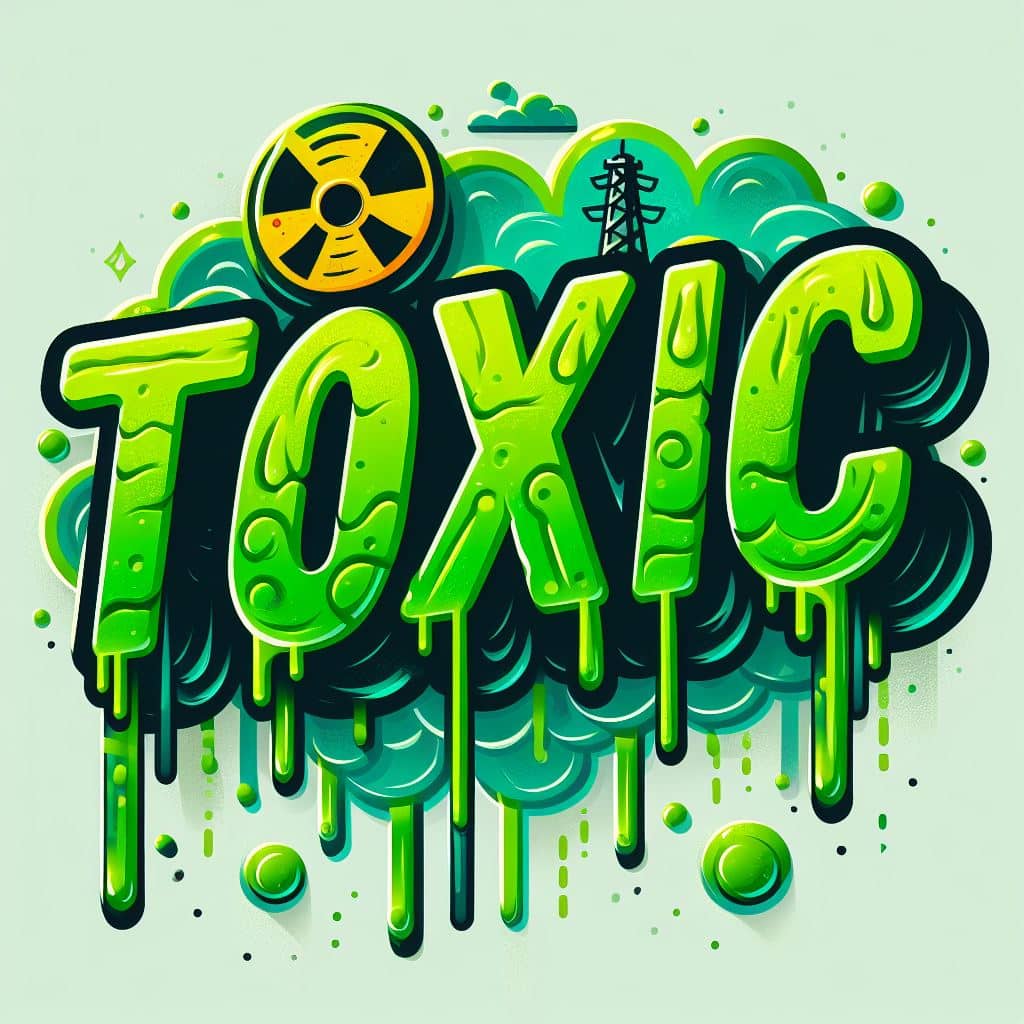Recently, I had the chance to reconnect with an old friend (let’s call him Finn), and it stirred up some interesting observations.
The last time we met, I sensed a peculiar overtone of relentless positivity.
As we delved into our catch-up session, certain nuances in Finn’s demeanour and conversation choices brought those previous impressions back to the forefront.
In our conversation, Finn touched upon various aspects of his life, and what struck me was the seemingly persistent positivity he exuded.
Whether discussing his job, finances, relationships, or even navigating challenging situations, everything was framed as upbeat and optimistic.
It was almost as if he had mastered presenting an overwhelmingly positive perspective on every topic.
However, the catch was that this relentless positivity, while seemingly genuine, did not feel entirely realistic.
There was an unmistakable imbalance in how Finn approached conversations, glossing over any negative aspects or difficulties.
It left me pondering his outlook’s authenticity and whether it truly reflected his genuine experiences.
As our conversation continued, I discussed challenges faced in 2023.
To my surprise, Finn asserted that he hadn’t encountered any challenges.
This statement raised an eyebrow and led me to question the authenticity of his seemingly unblemished narrative.
I was reminded of a candidate I interviewed before at my first business.
When asked what he thinks his weakness is, his nonchalant reply was, “I have no weaknesses.”
At this point, the performative nature of his relentless positivity became more apparent.
It was as if Finn had mastered the art of presenting a picture-perfect life, leaving little room for acknowledging and addressing life’s inevitable hurdles.
Reflecting on this experience, I couldn’t help but draw parallels with the concept of toxic positivity.
This phenomenon revolves around the belief that one should always maintain a positive mindset, suppressing negative emotions, reactions, or experiences, regardless of the circumstances.
While I can’t claim with certainty that Finn was consciously suppressing anything, the constant display of optimism felt akin to wearing an Instagram filter in real life – distorting the true colours of his experiences.
The dangers of toxic positivity become apparent when considering historical events where ignoring crucial information (read: bad news) leads to significant problems.
The tragedy of 9/11, for instance, involved the dismissal of critical tips, resulting in devastating consequences.
On a personal level, my avoidance of facing financial budgeting issues led me down a challenging path of long-term financial struggles.
While Finn’s avoidance of certain topics might stem from various reasons, the repercussions of evading crucial discussions are undeniable.
In stark contrast to Finn’s approach, I recalled a contrasting experience with fellow author Steven Lock.
Early in our acquaintance, I openly shared my struggles with debt.
While I believed Steven was caught off guard, that raw moment of vulnerability laid the foundation for a genuine and empathetic friendship.
It was a stark reminder of vulnerability’s power in fostering deep, meaningful connections.
In the context of vulnerability, I’m reminded of the work of Brené Brown, a renowned researcher who emphasizes vulnerability’s strength and power.
Brown highlights that vulnerability involves honestly sharing positive and negative aspects of our identity without masking imperfections.
Toxic positivity, in contrast, suppresses genuine emotions and experiences, creating a facade that dismisses the richness of the human experience.
In valuing authentic connections, I’ve come to appreciate friends who create a space for various human emotions.
Life’s journey encompasses both ups and downs and sharing these experiences authentically is fundamental to building lasting connections.
While optimism certainly has its place, genuine friendships are built on realness, vulnerability, and mutual understanding.
As I reflect on my interaction with Finn, I can’t help but hope that he eventually realizes the freedom that comes from embracing life’s fuller spectrum.
True connections are forged in the crucible of shared experiences, both positive and negative, and not in the pursuit of a constant facade of cheeriness.
In the grand tapestry of life, perhaps Finn will discover the richness that emerges when one allows their true colours to shine through.





